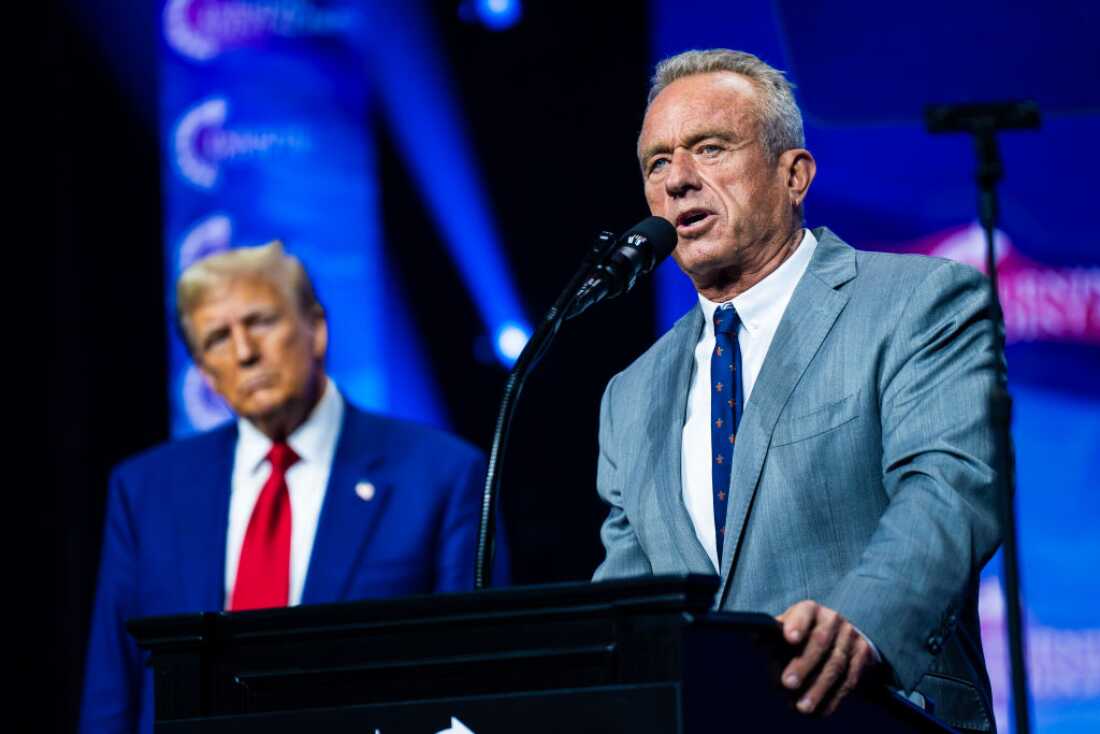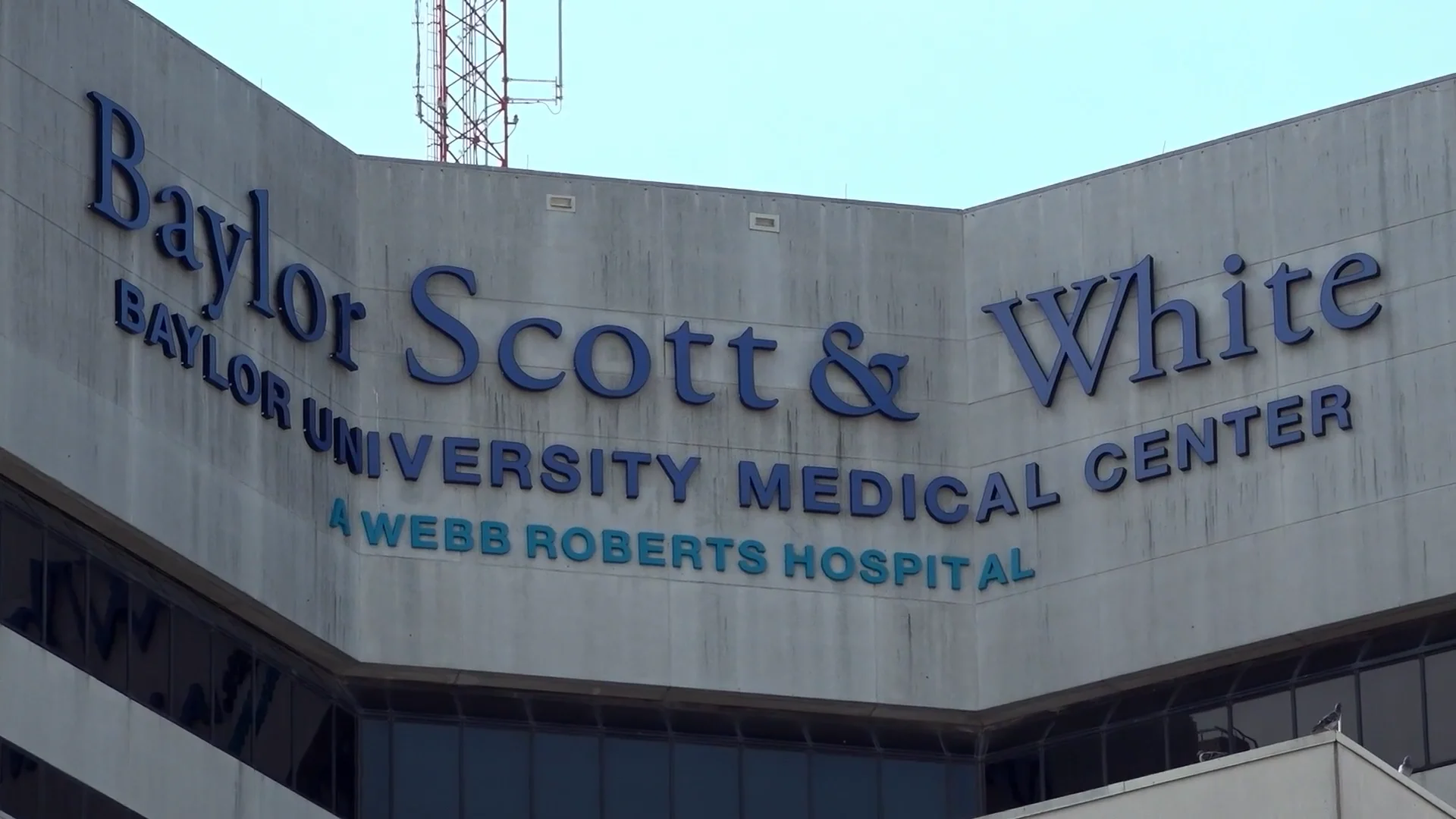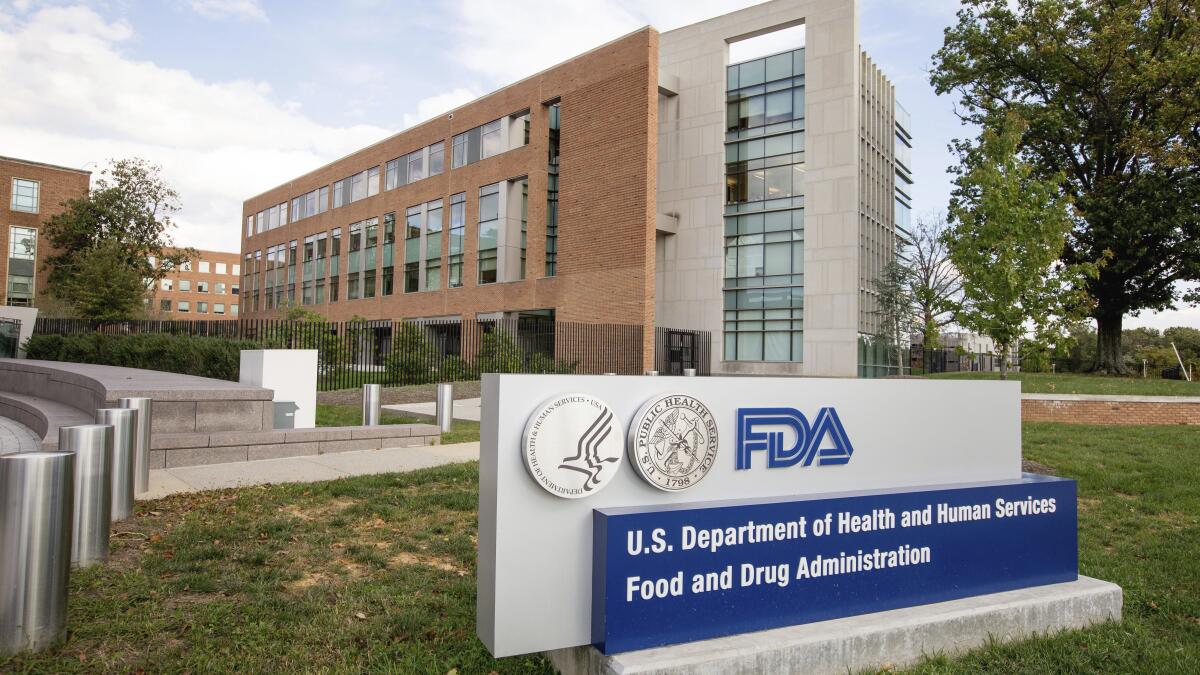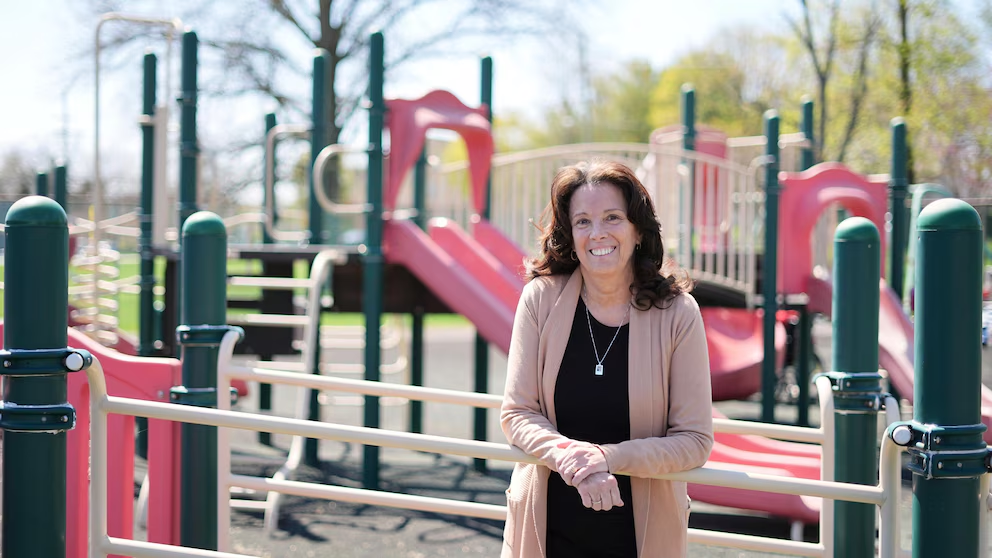
A Controversial Figure in Modern Medicine
In recent years, the landscape of healthcare and medical science has been increasingly subjected to scrutiny, skepticism, and debate. Among the prominent figures fueling this movement is Robert F Kennedy Jr. Known primarily for his political activism and environmental advocacy, Kennedy has emerge as a vocal critic of mainstream medical practices and public health policies. His stance has sparked a widespread dialogue about the integrity, safety, and scientific foundations of modern medicine, often polarizing public opinion and raising questions about the future of healthcare. This article delves into Kennedy’s role in challenging established medical science, examines the impacts of his movements, and analyzes the broader implications for public health and scientific progress.
Background: Who Is Robert F Kennedy Jr?
Robert F Kennedy Jr is a well-known American environmental attorney, author, and activist, hailing from a family deeply embedded in American political history. His father, Robert F Kennedy, was a prominent figure in U.S. politics, and Kennedy himself has long been involved in advocacy for environmental issues, vaccine safety, and health freedom. Over the past decade, however, Kennedy’s focus has shifted towards scrutinizing vaccine policies, raising concerns over the safety and transparency of vaccine ingredients, and questioning scientific consensus on public health issues.
He has authored several books and made numerous public appearances that emphasize his belief that current medical science, particularly around vaccines, has been compromised by corporate and governmental interests. His criticisms have garnered both significant support and vehement opposition, positioning him as a controversial figure in the ongoing debate over science and medicine.
The Rise of Medical Skepticism: Kennedy’s Critique
Challenging Vaccine Safety and Efficacy
One of Kennedy’s primary contentions lies with the safety and efficacy of vaccines. He argues that the scientific community and government agencies have not been fully transparent about vaccine ingredients, potential side effects, or the risks involved. His claims often mention the alleged link between vaccines and neurological conditions such as autism, a topic that has been widely debated and extensively studied by the medical community.
Nevertheless, Kennedy asserts that the scientific consensus supporting vaccines’ safety is flawed and that alternative views are underrepresented or suppressed. His stance has contributed to a growing segment of the public skeptical of vaccine mandates and immunization policies, fueling vaccine hesitancy in some communities.
The Question of Scientific Integrity
At the core of Kennedy’s critique is a belief that medical science is compromised by conflicts of interest, commercial influences, and political agendas. He claims that pharmaceutical companies often prioritize profits over patient safety and that regulatory agencies may be influenced by those same corporate interests. Through his speeches, writings, and legal actions, Kennedy challenges the transparency and independence of scientific research, calling for reforms in how health policies are developed and enforced.
This skepticism towards medical institutions has led him to advocate for greater scrutiny of vaccine trials, independent research, and increased accountability from regulatory bodies like the CDC and FDA.
The Impact of Kennedy’s Campaigns on Public Discourse
Shaping Public Opinion and Medical Policy
Kennedy’s vocal opposition to mainstream medical science has significantly influenced public discourse. His presence in media outlets, interviews, and conferences has helped galvanize a movement of vaccine skeptics and health freedom advocates. This shift in opinion is notable in the context of the wider anti-establishment sentiments seen in recent years.
While his critics argue that his views contribute to misinformation, his supporters praise him for challenging what they see as dogmatic science and calling for reform in the public health system. His influence has led to increased debates over mandatory vaccination policies, the role of government in personal health decisions, and the legitimacy of pharmaceutical companies.
Legal and Political Activities
Kennedy has been involved in various legal efforts aimed at challenging vaccine laws and advocating for exemptions for personal or religious reasons. These activities have had tangible effects on local and national vaccine policies. In some cases, courts have questioned the safety protocols surrounding vaccine approval processes, citing concerns raised by Kennedy and his allies.
However, critics argue that such legal challenges undermine public confidence in vaccines, potentially leading to outbreaks of preventable diseases and exposing populations to unnecessary health risks.
The Broader Impacts: A Double-Edged Sword
Advancement or Regression of Medical Science
- Positive Impact: Kennedy’s advocacy has prompted increased transparency and debate within the scientific community, encouraging independent research and examination of vaccine safety data.
- Negative Impact: Conversely, his actions and rhetoric may contribute to vaccine hesitancy, vaccine refusal, and the resurgence of preventable diseases, which public health efforts have traditionally worked hard to control.
Impact on Public Health
The challenge posed by Kennedy’s movement underscores a critical tension in modern medicine: balancing individual rights with collective health. While skepticism can sometimes lead to valuable reforms, the propagation of misinformation can also undermine herd immunity and delay progress against infectious diseases.
Government agencies and healthcare providers face the ongoing task of communicating science effectively, counteracting misinformation, and maintaining public trust amidst a polarized landscape.
Conclusion: A Complex Legacy in Medical Science
Robert F Kennedy Jr’s role in challenging medical science reflects a broader societal debate that pits scientific consensus against individual skepticism. His efforts have undeniably exposed vulnerabilities in how health policies are crafted and have pushed for greater transparency. However, his critiques also risk fueling misinformation and eroding confidence in proven public health tools.
As the debate continues, it is vital for all stakeholders—including scientists, policymakers, and the public—to engage in open, evidence-based dialogues that uphold both scientific integrity and individual rights. The challenge moving forward is to foster trust without compromising sound scientific principles.
For more updated news please keep visiting Prime News World.








